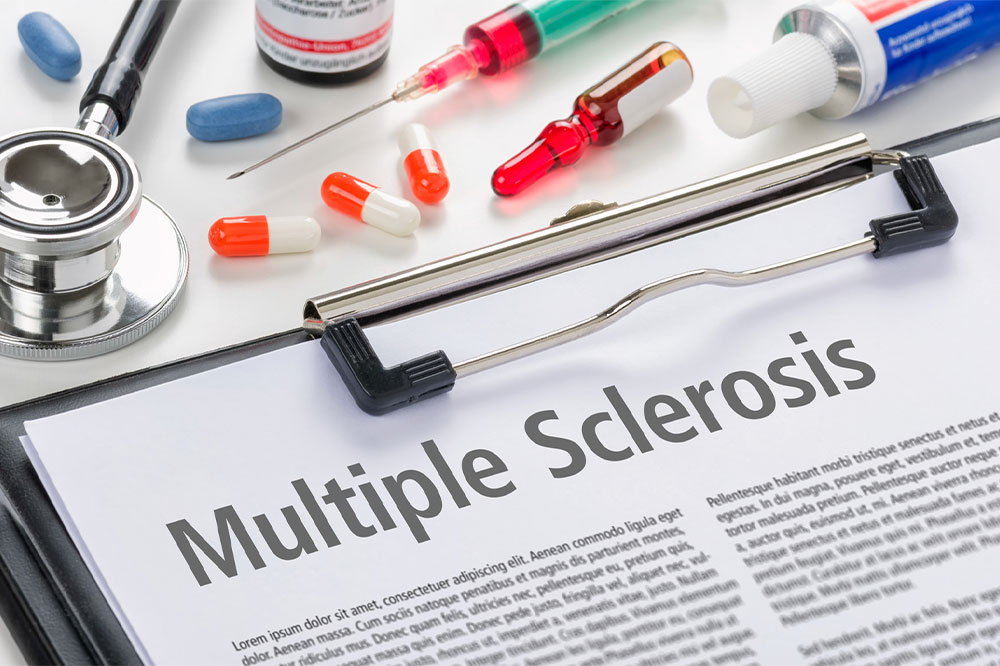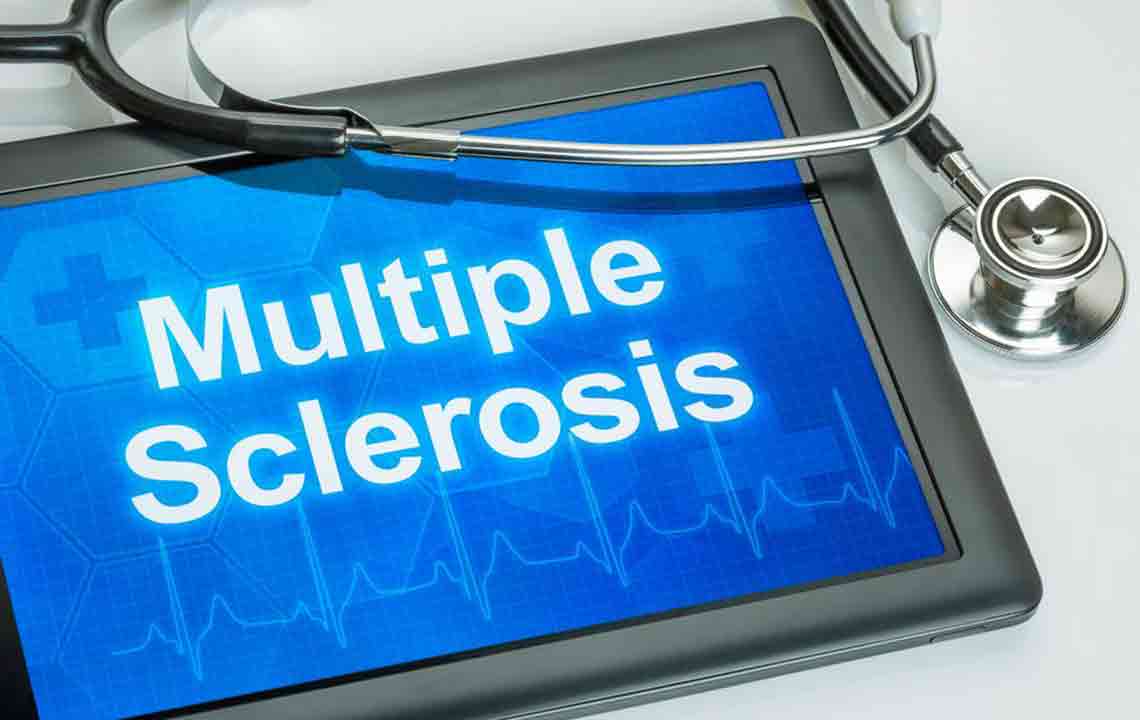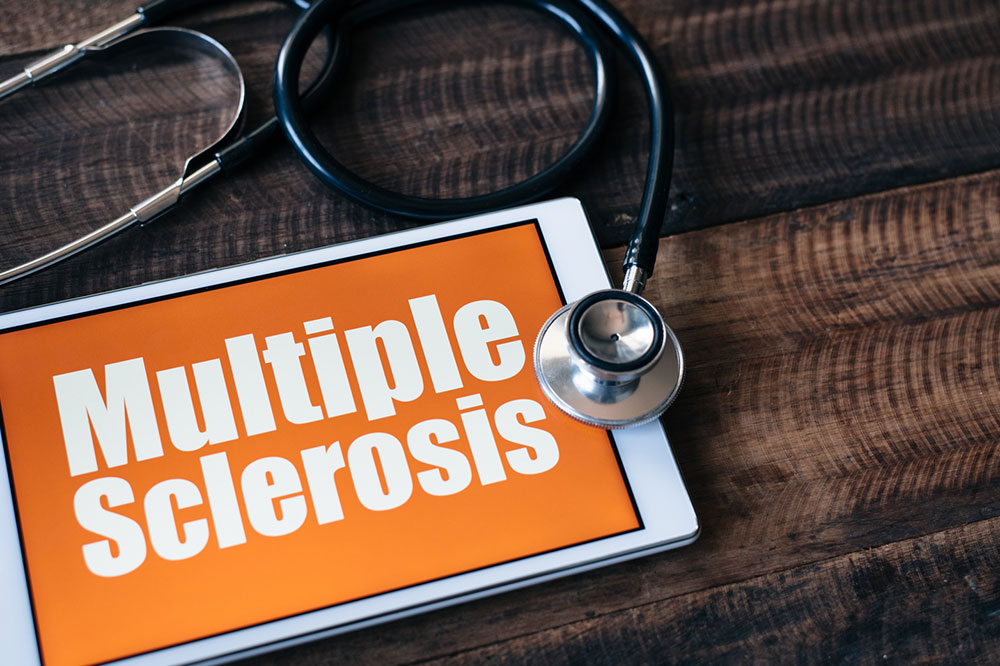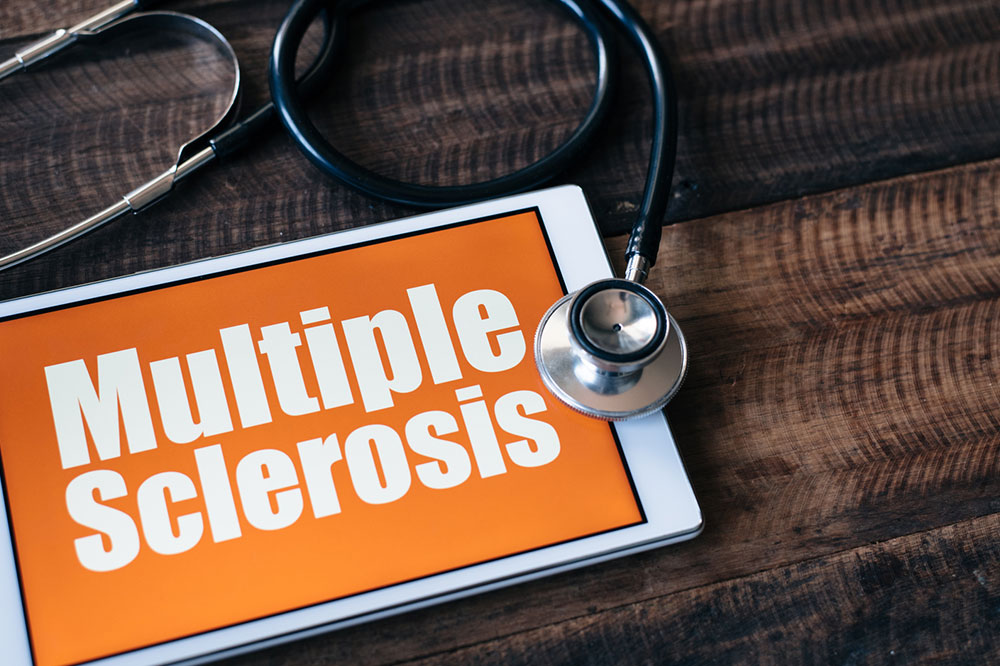Understanding Multiple Sclerosis: Types, Causes, and Management Strategies
This comprehensive overview explains the different types of multiple sclerosis, its symptoms, causes, and current management strategies. Emphasizing early diagnosis and lifestyle changes, especially nutrition, can improve patient outcomes. The article offers insights into medical treatments and the importance of diet in controlling MS progression, benefiting patients, caregivers, and health professionals alike.
Sponsored

Multiple sclerosis (MS) is a neurological disorder affecting the protective covering of nerves, which disrupts communication between the brain and spinal cord. The initial sign of MS is known as Clinically Isolated Syndrome (CIS), lasting about a day and featuring lesions in the central nervous system. Recognizing MS symptoms, causes, and classifications aids in timely intervention and management.
MS Classifications
Based on how CIS presents, MS is categorized into four main types:
Relapsing-Remitting MS (RRMS)
The most prevalent form, marked by episodes of symptom flare-ups followed by remission periods.
Secondary-Progressive MS (SPMS)
Features a gradual worsening of symptoms with or without relapses over time.
Primary-Progressive MS (PPMS)
Characterized by steadily increasing symptoms without distinct relapses or remissions.
Progressive-Relapsing MS (PRMS)
The rarest type, with continuous worsening and occasional acute relapses.
Symptoms and Causes
Symptoms vary widely among individuals, including numbness, coordination issues, walking difficulty, and electric shock sensations triggered by neck movements. MS can also impair vision, bladder, bowel, mood, memory, and speech functions. The precise cause remains unknown, but it involves autoimmune processes that attack the myelin sheath covering nerves, leading to disease development.
Importance of Nutrition
Diet and lifestyle significantly influence MS management. Nutritious eating can reduce relapses and lesions, and support overall health. Incorporating antioxidant-rich foods, minerals like calcium and Vitamin D, and foods such as fish, lean meats, fruits, vegetables, yogurt, kefir, and eggs can strengthen immunity, improve brain health, and rebuild gut microbiota. Managing cardiovascular risks through diet also helps lower MS activity.
Therapeutic Approaches
Once diagnosed, early treatment is crucial to mitigate damage. Medications—including intravenous and oral therapies—aim to decrease relapse frequency and slow progression. Treatments may be administered weekly or bi-weekly via injection, with precise dosages prescribed by neurologists. Additional oral therapies can also help delay disability, with treatment plans tailored based on MRI findings and symptoms.






